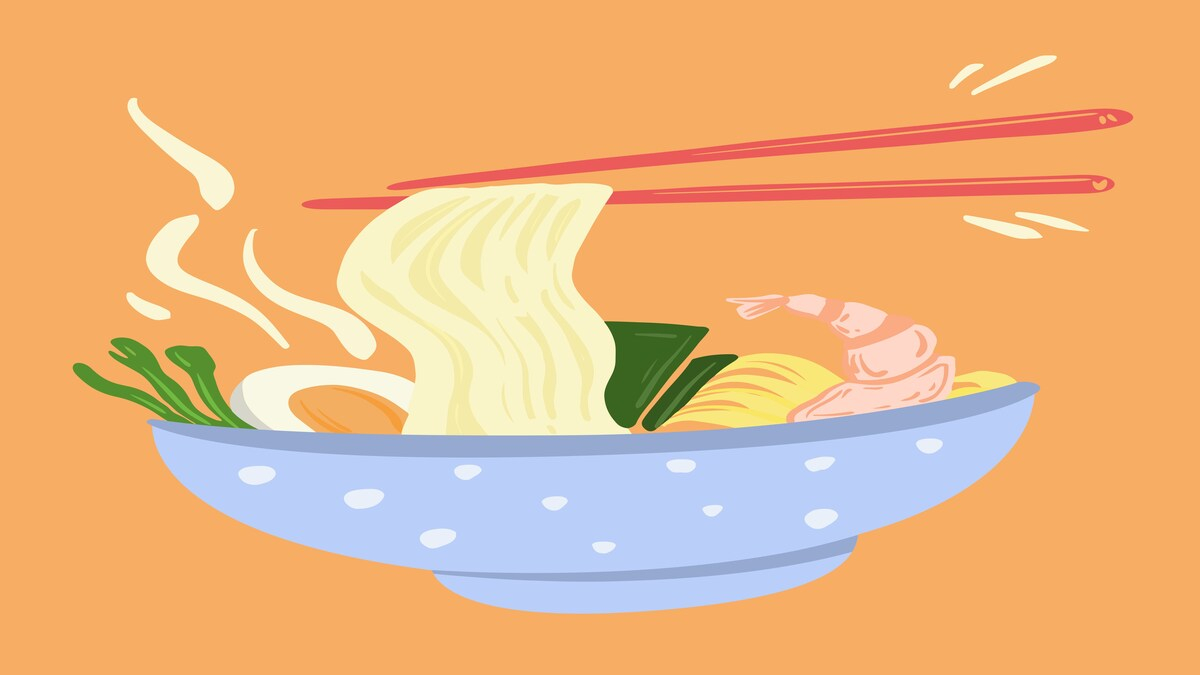The Supplemental Nutrition Assistance Program (SNAP), often referred to as food stamps, plays a role in helping low-income households access nutritious food. However, there are specific regulations governing what can and cannot be purchased using SNAP benefits.
What items are eligible for SNAP purchases?
SNAP benefits are primarily designed to help households purchase food for home preparation and consumption. According to the USDA, eligible items include:
- Fruits and vegetables
- Meat, poultry, and fish
- Dairy products
- Breads, cereals, and other staple foods
- Snack foods and non-alcoholic beverages
- Seeds and plants for growing food at home
These items ensure households have access to essential nutrients and can create balanced meals. Additionally, certain non-food items, such as water and ice, are also eligible.
What items are excluded from SNAP benefits?
Despite its broad reach, SNAP excludes a wide range of products from its coverage. Items that cannot be purchased with SNAP benefits include:
- Alcohol and tobacco products
- Hot foods prepared for immediate consumption
- Non-food items like pet food, household supplies, and hygiene products
- Medicines and vitamins
Products carrying a “Supplement Facts” label, such as dietary supplements, protein powders, and certain energy drinks, are ineligible. This distinction is enforced by the Food and Drug Administration (FDA), which classifies these items as supplements rather than food.
Vitamins, dietary supplements, and medicines
Unfortunately, vitamins, dietary supplements, and medicines are not eligible for purchase with SNAP benefits. The US Department of Agriculture (USDA), which oversees SNAP, specifies that any item marked with a Supplement Facts label is considered a dietary supplement and is excluded from the program. This includes multivitamins, herbal supplements, and protein powders labeled as supplements. On the other hand, items with a Nutrition Facts label, such as meal replacement shakes, may qualify for purchase.
Alternative options for purchasing vitamins and medicines
Although SNAP does not cover vitamins, supplements, or medicines, there are other options for accessing these products:
- Personal funds: Purchases can be made using cash, debit, or credit cards.
- Health savings accounts (HSAs) or Flexible spending accounts (FSAs): These accounts often cover eligible health-related products, including some vitamins and supplements.
- Community programs: Local clinics, non-profits, and food banks may provide vitamins and supplements free of charge or at reduced costs for low-income households.
Why are supplements excluded?
SNAP’s primary goal is to provide basic food security, and the program is structured to ensure funds are used for essential nutrition. Vitamins and dietary supplements, while beneficial for health, are not classified as basic food items under SNAP guidelines. Additionally, the administrative challenges of determining the nutritional value and necessity of supplements for different users contribute to their exclusion.
What about medicines?
Medicines, whether over-the-counter or prescription, are also ineligible for SNAP purchases. This includes medications for chronic conditions, pain relief, or general health maintenance. For individuals in need of assistance with medical expenses, other programs like Medicaid or the Low-Income Home Energy Assistance Program (LIHEAP) may provide support.
Non-food items and hot foods: also ineligible
In addition to supplements and medicines, SNAP benefits cannot be used for:
- Alcoholic beverages and tobacco
- Hot foods ready for consumption
- Pet food, cleaning supplies, paper products, and cosmetics
- Non-food items such as hygiene products and diapers.
These restrictions emphasize that SNAP is intended strictly for food-related expenses.
Ensuring effective use of SNAP benefits
To maximize the value of SNAP, beneficiaries should focus on purchasing nutrient-dense foods. Understanding program rules is essential to avoid declined transactions at checkout and ensure compliance. For example, while SNAP covers items with a “Nutrition Facts” label, it does not include those with a “Supplement Facts” label.
